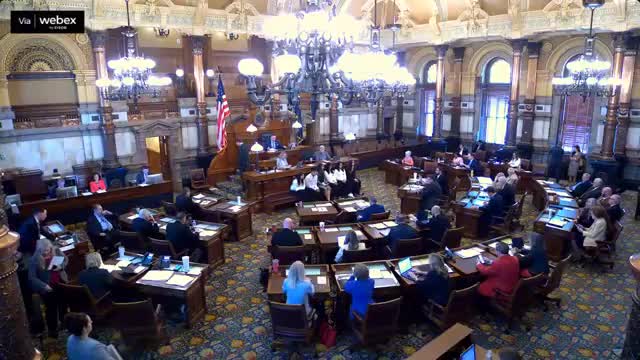Article not found
This article is no longer available. But don't worry—we've gathered other articles that discuss the same topic.
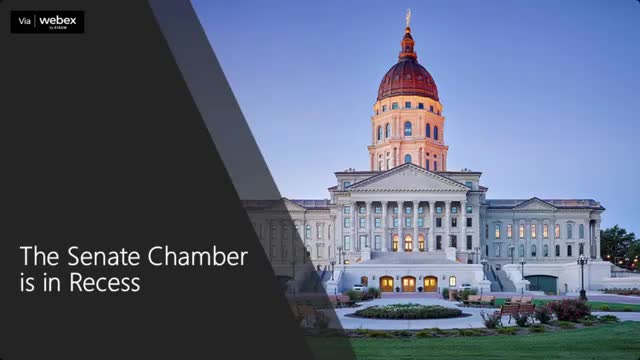
Votes at a glance: several conference reports and bills adopted with minimal floor debate
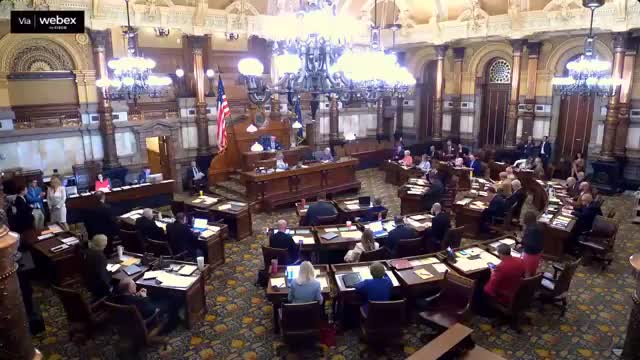
Senate approves law requiring registration of foreign interests near military installations and curbs drone component sourcing
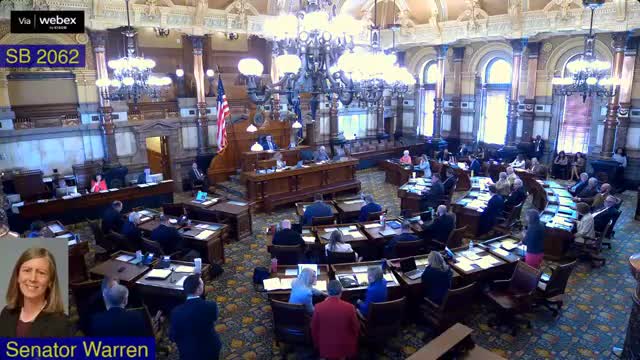
Senate adopts measure adding pregnancy-related expenses to child-support considerations and a tax exemption for unborn children; critics warn of privacy and 'f—
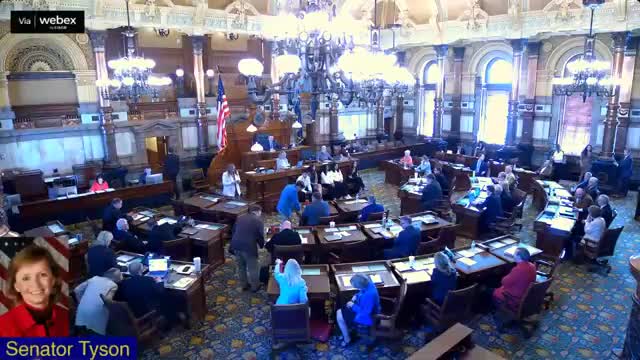
Senate rejects proposed constitutional cap on property valuation increases after debate over school funding
